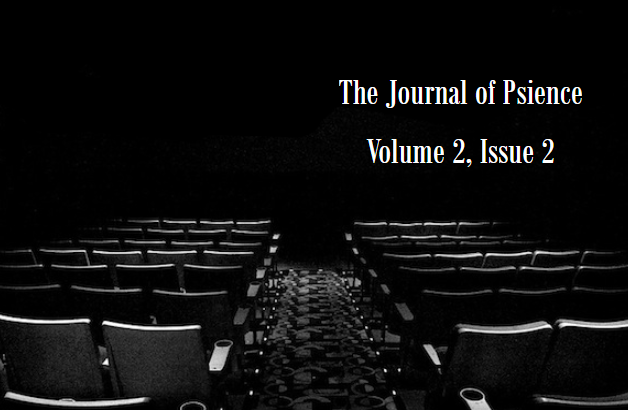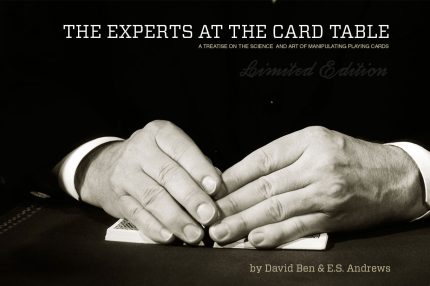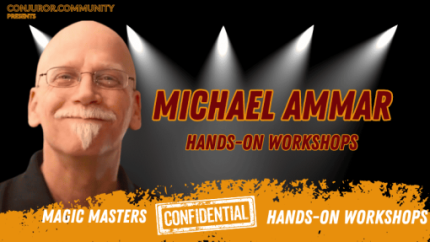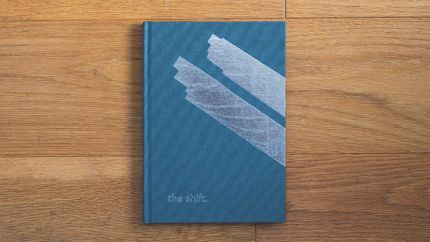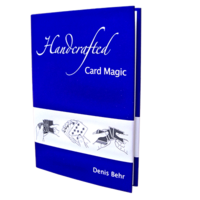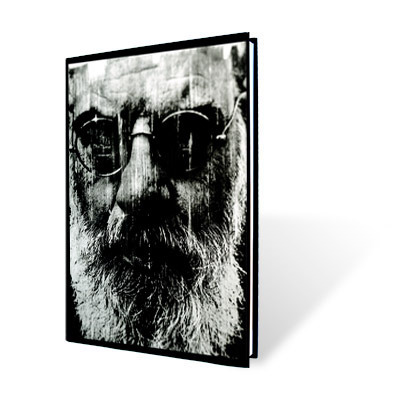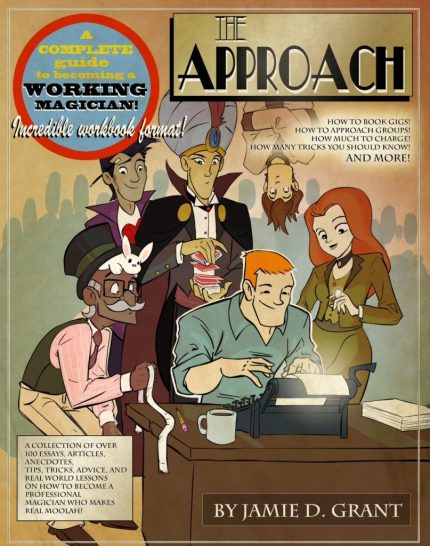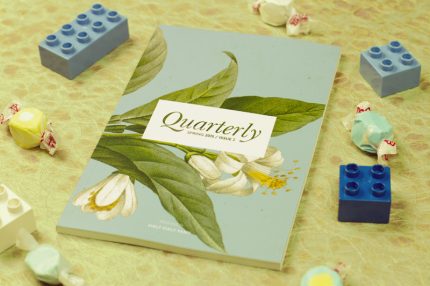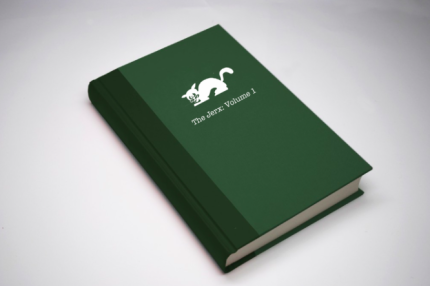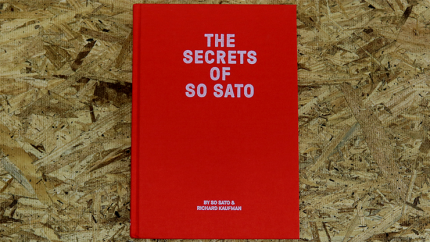John Lennon and Paul McCartney
“Accomplice,” “Mule,” “Stooge.” These are just a few of the terms that have been used to describe a particular kind of secret assistant. Most performers are either over-reliant on their secret helpers or shun the use of them completely. It is useful to at least consider the middle-ground where the infrequent and judicious use of someone posing as a spectator can be safely used to produce results that are both convincing and confounding. We’ll examine a hybrid use of a secret helper and discuss how to avoid the errors that can cause your audience members to think, “that guy is in on it.” You’ll learn new and novel ways to silently code information through action and location, and an alternate path that intentionally creates a moment of real difficulty to strengthen the believability of a faux success.
“House Seats” are seats in a theater which have been identified for use by cast members, producers, the creative team, or others directly involved in the production. In this issue of The Journal, you’ll learn that there are some situations where the location of one person’s seat can tell you a lot about what another audience member is thinking.
Duis tongue vestrum fac,
The Journal of Psience


